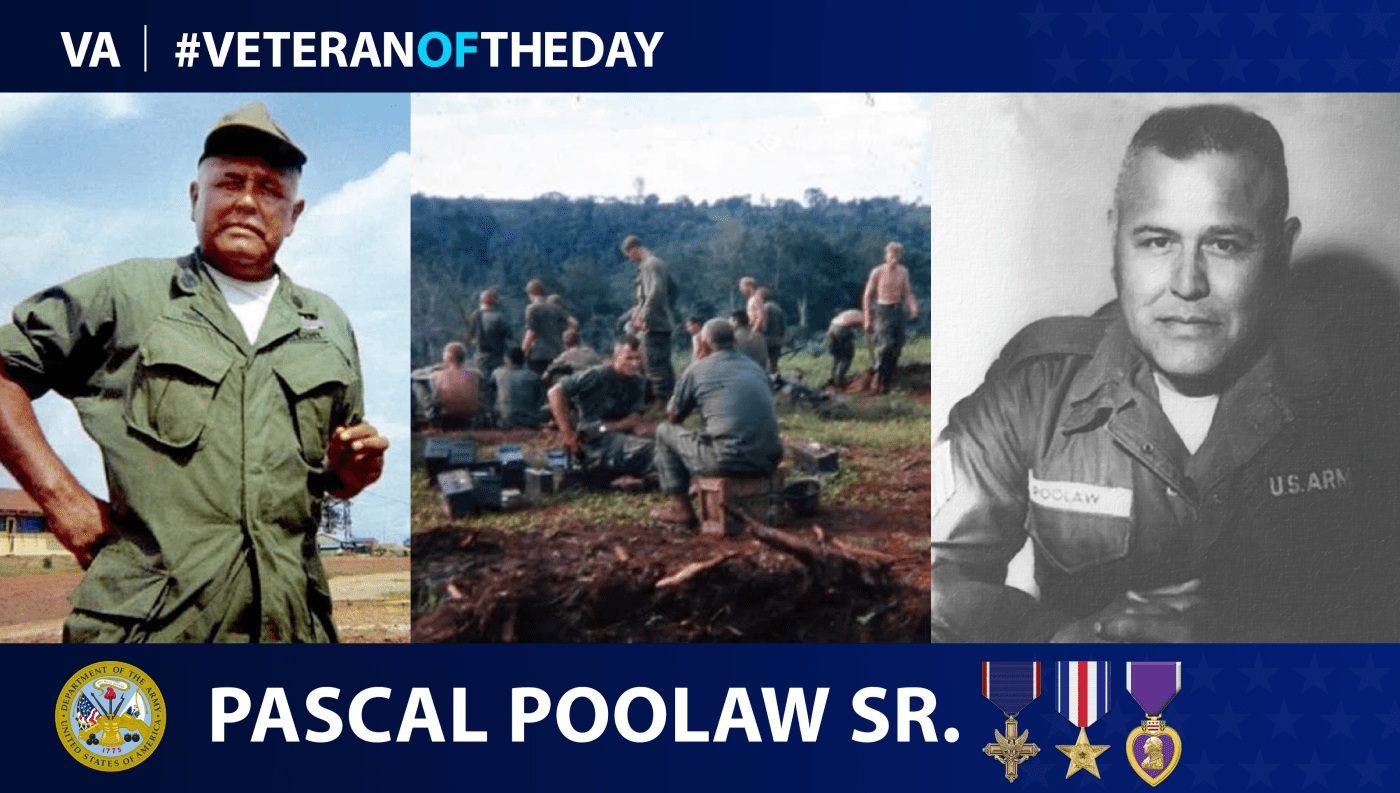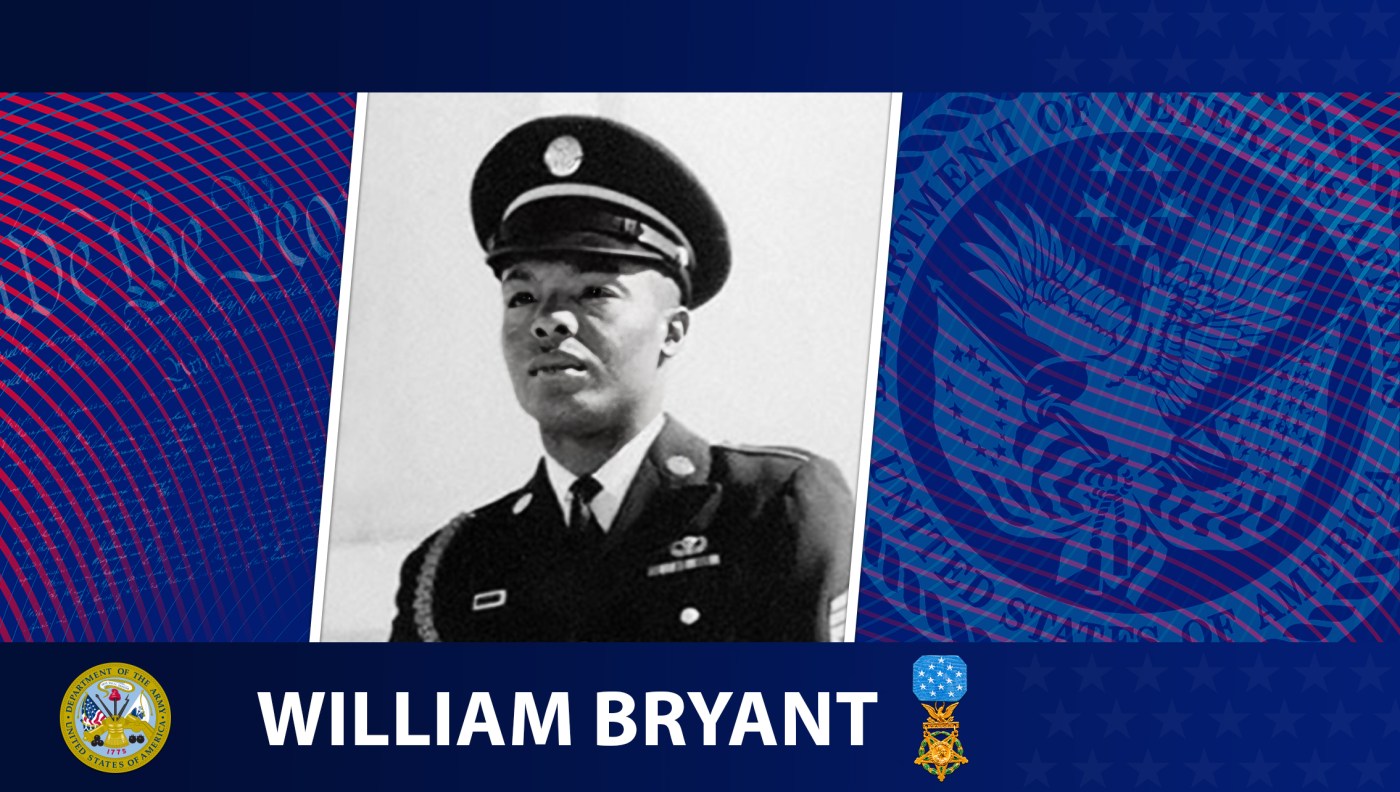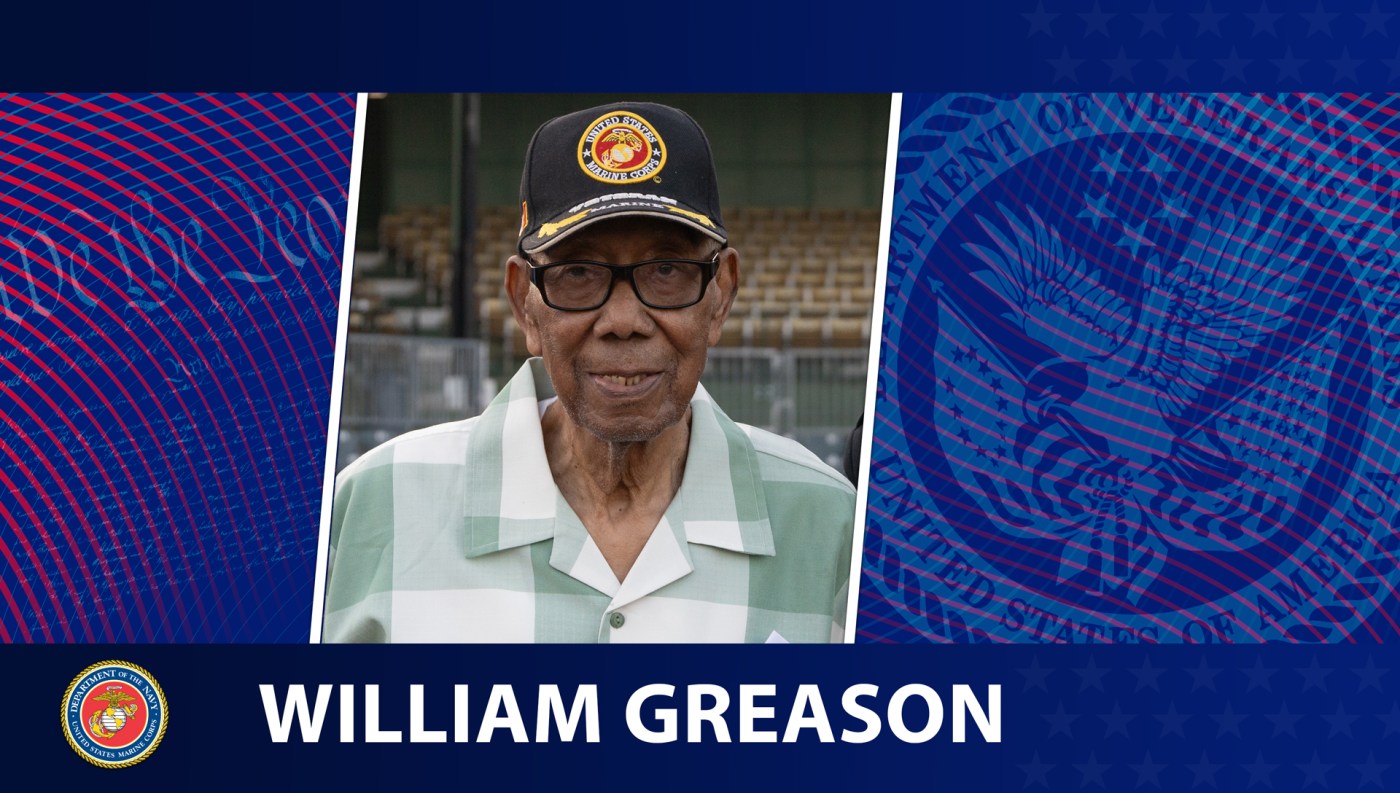
During National Native American Heritage Month, today’s #VeteranOfTheDay is Army Veteran Pascal Poolaw Sr., who served during WWII, Korea and Vietnam.
Born into the warrior tradition of the People of the Kiowa Nation in Anadarko, Oklahoma, Pascal Cleatus Poolaw Sr. went on to serve his country through World War II, Korea and Vietnam.
In 1942, Poolaw enlisted in the Army and joined his father and two brothers in World War II.
During his service in World War II, Poolaw earned his first Purple Heart when he sustained injuries in September 1944. He would also go on to receive a Silver Star for his actions in Germany when his unit came under heavy fire by German forces. Poolaw hurled hand grenades while in the face of machine gunfire. His actions prevented numerous casualties and allowed his comrades to continue attacking and eventually capture the enemy’s positions.
During the Korean War, Poolaw would go on to receive another Purple Heart and a Distinguished Service Cross. He also received two Silver Stars for his valor on the field. One Silver Star was given based on his actions on Sept. 19, 1950. Poolaw courageously led his men to penetrate the enemy perimeter and fight hand-to-hand combat with the enemy. His courage inspired his men to hold their position and allowed the remainder of the company to finish the objective. The second Silver Star was awarded for his actions on April 4, 1951. Near Chongongni, Korea, Poolaw’s platoon was immobilized by the enemies’ automatic weapons and a mortar barrage. In an effort to rescue his men, Poolaw exposed himself to enemy fire, deliberately diverting the enemy’s attention so his men would find more advantageous positions.
In 1962, after the Korean War, Poolaw retired from the Army. However, when the Vietnam War came, Poolaw decided to follow his son to Vietnam, just as he followed his father during World War II. His fourth Silver Star was awarded to him posthumously for his actions on Nov. 7, 1967, while on a search and destroy mission near the village of Loc Ninh. His unit was attacked by a numerically superior Viet Cong force. Mirroring his past actions, Poolaw raced ahead of the lead squad, exposed the whole way, and deployed the squad there to lay a base of fire. Despite being wounded himself, Poolaw also moved among troops to collect casualties and move them behind the line.
He died from mortal wounds while he was pulling another casualty back to safety.
Poolaw is one of America’s most decorated Native American Soldiers. He received 42 medals and citations for his service throughout the three wars.
At his funeral, his wife, Irene, said, “He has followed the trail of the great chiefs. His people hold him in honor and highest esteem. He has given his life for the people and the country he loved so much.”
We honor his service.
Nominate a Veteran for #VeteranOfTheDay
Do you want to light up the face of a special Veteran? Have you been wondering how to tell your Veteran they are special to you? VA’s #VeteranOfTheDay social media feature is an opportunity to highlight your Veteran and his/her service.
It’s easy to nominate a Veteran. Visit our blog post about nominating to learn how to create the best submission.
Contributors
Writer: Elizabeth Jefimova
Editor: Christopher Wilson/
Fact checker:
Graphic artist:
Topics in this story
More Stories
This week’s Honoring Veterans Spotlight honors the service of Army Veteran and Medal of Honor recipient William Maud Bryant.
This week's Honoring Veterans spotlight honors the service of Marine Corps Veteran and MLB pitcher Reverend Bill Greason.
This week’s Honoring Veterans Spotlight honors the service of Army Veteran Harry R. Truman, who served in Europe.






We honor the service of Pascal Cleatus Poolaw Sr.